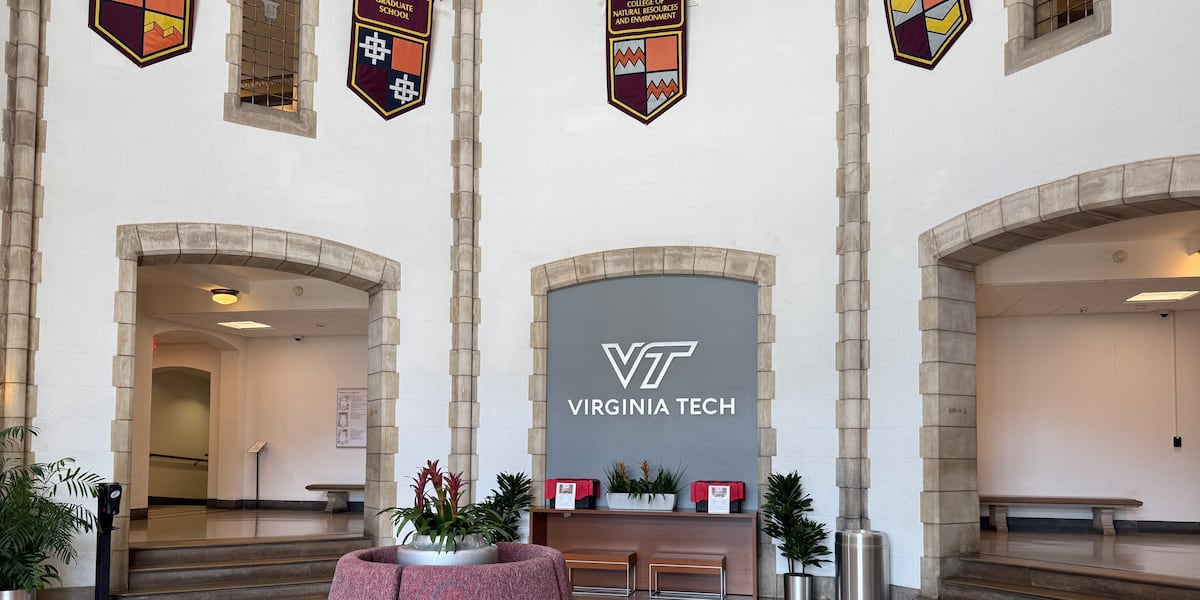Aging Gracefully: How Tech is Transforming Retirement Living
:max_bytes(150000):strip_icc()/GettyImages-1317435850-2eb3559fabbe417091d4ecbf84ddce2e.jpg)
Retirement should be a time of relaxation, pursuing passions, and enjoying the fruits of your labor. But maintaining health and staying connected can present challenges. Fortunately, technology is stepping in to revolutionize retirement living, offering innovative solutions that empower older adults to live healthier, happier, and more engaged lives.
The Rise of Smart Homes for Seniors
The concept of a 'smart home' isn't just about convenience anymore; it's becoming a vital tool for senior safety and well-being. Smart home devices offer a range of benefits, including:
- Enhanced Safety: Smart security systems with fall detection, automated lighting, and voice-activated emergency assistance can provide peace of mind for both seniors and their families.
- Medication Management: Smart pill dispensers remind seniors to take their medication on time and alert caregivers if a dose is missed.
- Remote Monitoring: Sensors can monitor activity levels, sleep patterns, and even vital signs, allowing family members or healthcare providers to remotely check in on a senior's well-being.
- Increased Independence: Voice assistants like Alexa or Google Home can control lights, temperature, and entertainment systems, making it easier for seniors to manage their environment independently.
Wearable Technology: Your Personal Health Companion
Wearable devices have evolved far beyond simple fitness trackers. Today's smartwatches and fitness bands offer a wealth of health-monitoring features tailored for seniors:
- Heart Rate Monitoring: Continuous heart rate tracking can detect irregularities and alert users to potential health concerns.
- Activity Tracking: Monitoring steps, distance, and activity levels encourages seniors to stay active and maintain mobility.
- Sleep Analysis: Tracking sleep patterns can help identify sleep disturbances and improve overall sleep quality.
- Fall Detection: Many wearables include fall detection capabilities, automatically alerting emergency contacts if a fall occurs.
- GPS Tracking: For individuals with cognitive decline, GPS tracking can provide peace of mind and assist in locating them if they wander.
Health Apps: Connecting with Care and Information
A plethora of health apps are designed to support seniors in managing their health and staying connected:
- Telehealth Platforms: Virtual doctor visits and remote consultations offer convenient access to healthcare services, especially for those with mobility limitations.
- Medication Reminder Apps: These apps provide reminders to take medications and track dosages.
- Cognitive Training Apps: Games and exercises designed to improve memory, attention, and other cognitive functions.
- Social Connection Apps: Platforms that facilitate communication with family and friends, combating social isolation and loneliness.
The Future of Retirement Tech
As technology continues to advance, we can expect even more innovative solutions to emerge, further enhancing the retirement experience. Artificial intelligence (AI) and machine learning are poised to play a significant role, providing personalized health recommendations, predictive analytics, and proactive care. The integration of robotics could also assist with daily tasks, further promoting independence and well-being.
Embracing technology can empower seniors to age gracefully, maintain their independence, and enjoy a fulfilling retirement. It's not about replacing human connection, but rather augmenting it and providing the tools needed to thrive in later years.






